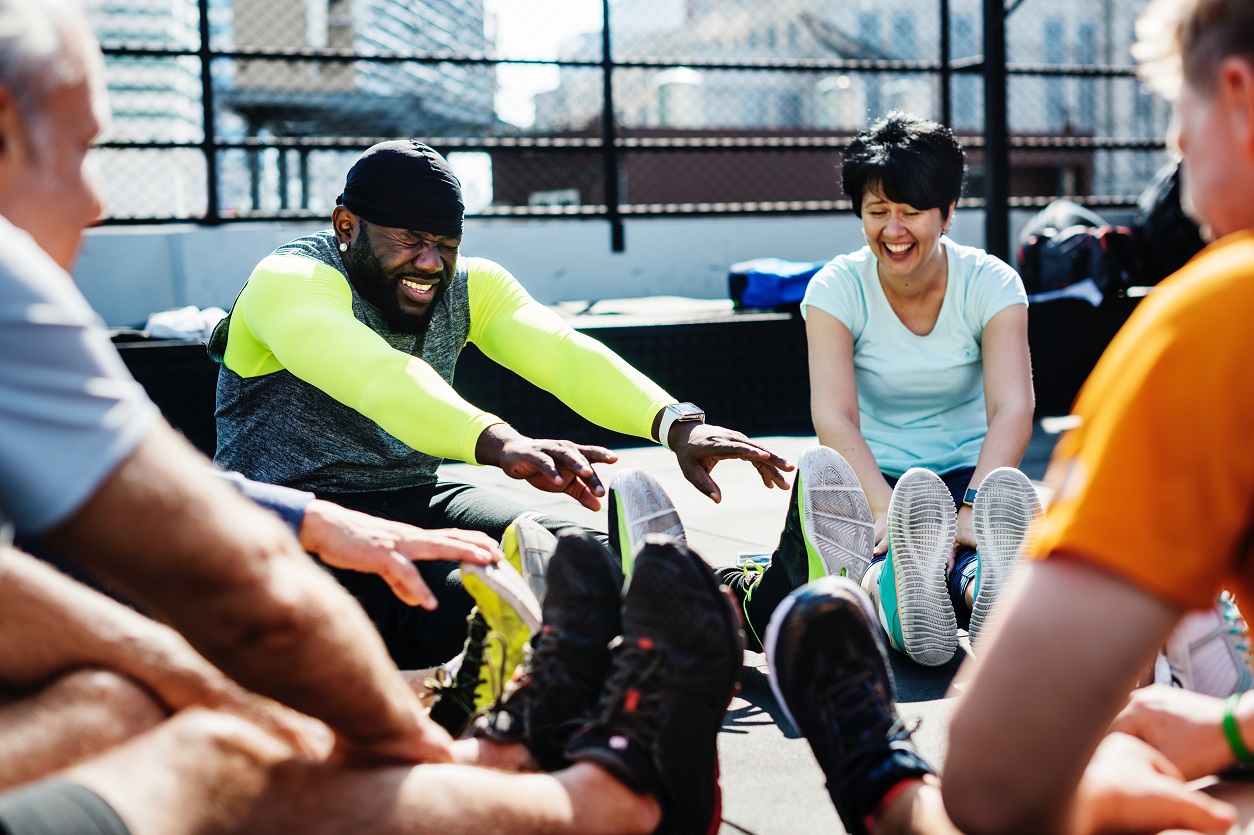Behavioral Medicine and Climate Change: Strategies That Benefit Your Health and the Planet
Written By: Michael A. Diefenbach, PhD, SBM Past President
Climate change is the quintessential and existential challenge of our time. This year, 2021, even without the pandemic, a year of superlatives: the hottest year ever recorded, the most wildfires, floods, and hurricanes. In the face of this trend of unabating catastrophes, it is natural to feel anxious, depressed, and discouraged about one’s own and one’s family’s’ future. That of course is totally normal and justified, but there are things we can do to adapt and to mitigate the impact of our behaviors on climate.
Before we discuss evidence-based approaches for individual actions, here are reasons why people feel helpless in the face of this crisis. In several surveys people have indicated:
- Distrust and skepticism about climate change
- Expressed feelings of powerlessness
- That they individually would not be able to do anything about it
- Some respondents also indicated that they are unwilling to change their current lifestyle
How Can We Reduce Our Impact on The Climate Without Change?
Clearly, changes are necessary, but they do not need to be so restrictive that we must forsake life as we know it. To make behavior changes more palatable we need to connect the new behavior to perceived and actual benefits. As behavioral scientists with a mission to improve the health of all, we naturally focus on those behaviors that would have health benefits. Studies have shown that presenting co-benefits about health, one’s finances, and one’s community are more acceptable than relying solely on environmentally framed messages.
Here Are Three Strategies That Benefit Your Health and Reduce Your Carbon Footprint:
- Try to be less car dependent. For short distances, walk, take a bike or a scooter. Using active transportation, through biking or walking, provides you with additional exercise and reduces your carbon footprint. People who live in metropolitan areas often find dedicated bike lanes and shared bike systems. Hilly terrain or cold temperatures are no deterrent to people using bikes. A recent survey shows San Francisco and Minneapolis as the topmost bike-friendly cities in the US, despite hills and colder temperatures.
- Eat more meat-free meals. Reducing the number of meals that are meat focused is good for your health and the environment. Substituting red meat and dairy-based products with plant-based options reduces greenhouse gases. The production of beef, pork, and lamb, as well as cheese and other dairy products is associated with the highest levels of greenhouse gas emissions per pound of consumed food. Eating less meat has been associated with better heart health and lower rates of certain cancers. A win for you and the environment.
- Shop locally. If you buy fresh in-season vegetables from local farmers’ markets you support local businesses, and you buy foods that are often grown organically and not processed. Buying local also has a smaller environmental footprint, compared to foods that are shipped over long distances. Organic food exposes you and your family to fewer environmental toxins and keeps the soil and the water healthier.
The threat of climate change can be distressing, and it is important that we take care of our mental health, as much as our physical health. If we are distressed, sad, anxious, or angry, we are not functioning well and are not fully available for our families and friends. Some people cope with climate distress adaptively, while others try to avoid the topic altogether. The latter approach might bring temporary relief, but in the long run is not sustainable and healthy.
Protect Your Mental Health with These Strategies:
Take a break and do something fun. It is important to stop thinking about climate change occasionally. By taking a break you are not avoiding the topic, you are just trying to disengage for some time to avoid burn out. Consider the following:
- take a break from the news and stop doom-scrolling
- engage in physical exercise, walking, running, or yoga
- spend deliberate time with your family
Take action. For many of us, doing something is better than doing nothing. Engaging with like-minded others can be uplifting and exciting. You might:
- contact climate groups and become a climate ambassador
- become involved in local politics
- engage in neighborhood activities (e.g., clean-up or recycling efforts)
The recent experience with COVID-19 has taught us that we can be resilient and capable of great common achievements. The weeks of forced isolation has also taught us about the importance of family, community, and the need to take care of oneself physically and mentally. We have been rising to the pandemic challenge and we will also rise to the climate challenge.
More Articles

The Secret Behind Successful Behavior Change Using the ACT2 Method
Learn about a method for using small changes in your day-to-day routine to achieve long-term health goals.

5 Easy Ways to Get More Active
You can meet your exercise goals with these easy tips for getting more active and sticking with your routine. Learn more about getting active today.


